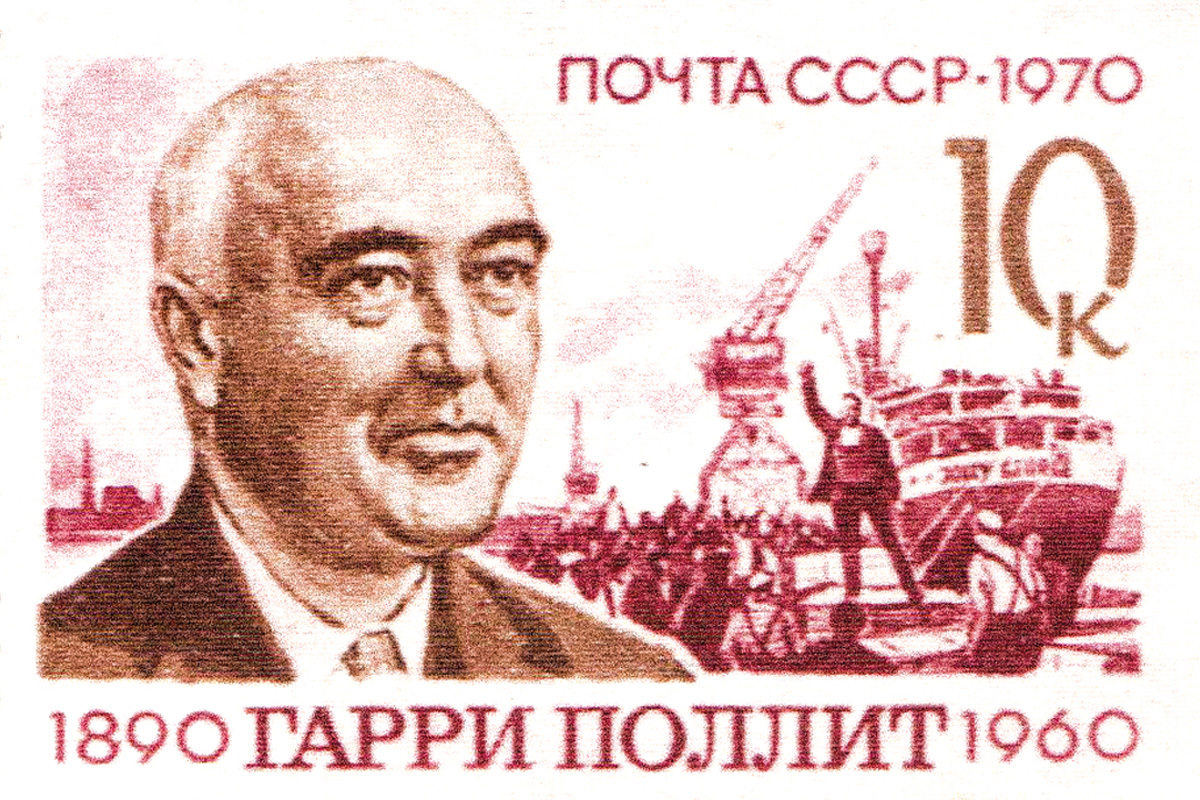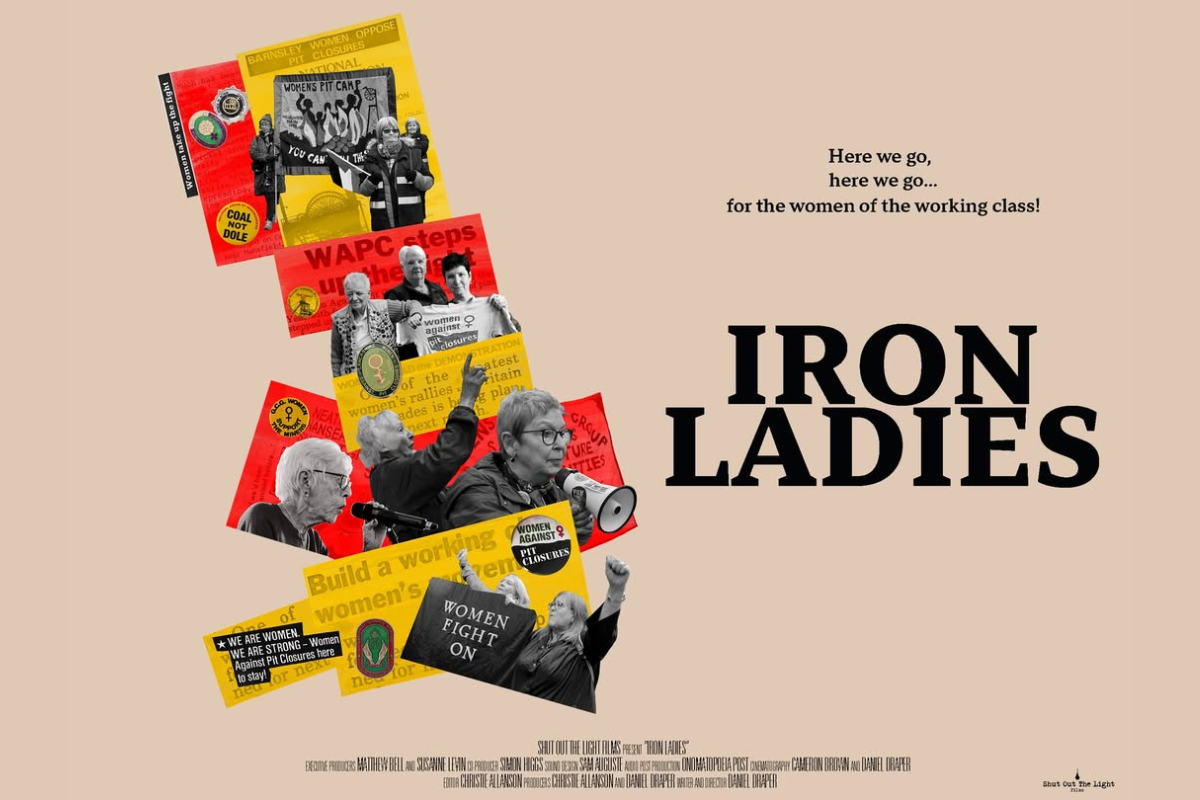This month marks the 85th anniversary of the General Strike of 1926.
This strike, the most epic struggle of the British working class to
date, arose from the deep crisis of British capitalism, reflected most
sharply in the mining industry. As today, the working class were asked
to pay for the crisis. This led to the 1926 General Strike. Political
editor Rob Sewell looks back at the lessons of the nine days in May.
This month marks the 85th anniversary of the General Strike of 1926. This strike, the most epic struggle of the British working class to date, arose from the deep crisis of British capitalism, reflected most sharply in the mining industry. As today, the working class were asked to pay for the crisis. This led to the 1926 General Strike. Political editor Rob Sewell looks back at the lessons of the nine days in May.
In this strike, the British workers "fought the legions of hell", to use Arthur Cook’s words. We can see vividly the fighting spirit of the British working class displayed during the strike, which remains a great inspiration. On the other hand, the betrayal of the General Strike by the leaders of the TUC constituted the greatest tragedy in British working class history.
In 1925, Baldwin had announced that all workers needed to undergo a wage cut to put British industry on its feet. In the summer of that year, the coal owners announced wage cuts. The miners appealed to the TUC for solidarity, which threatened industrial action. The government, unprepared for the struggle, offered a subsidy for nine months and established the Samuel Commission to look into the industry. This was to buy time but was heralded in the Labour press as “Red Friday”.
Crisis
While the government used the nine months to prepare war on the working class, the trade union leaders did nothing until the very last moment.
Just before the subsidy was to end and new wage cuts imposed on the miners, the TUC General Council notified the Tory Prime Minister Stanley Baldwin that they were now negotiating on behalf of the miners. The TUC leaders however pleaded and begged but to no avail. British capitalism was in deep crisis and the workers needed to cut their wages, beginning with the miners. The approach of the TUC was summed up by right winger Jimmy Thomas, the rail workers’ leader:
"I have never begged and pleaded like I begged and pleaded all day today and I pleaded not alone because I believed in the case of the miners, but I believed in my bones that my duty to the country involved it.”
As for the leaders of the Labour Party, "I don’t like general strikes", stated Ramsay MacDonald.
For their part, the TUC leaders regarded the General Strike as a negotiating threat which they hoped would never be used. The ruling class on the other hand screamed class war.
In his diary, Hamilton Fyfe, the editor of the British Worker, wrote:
"None but a few crazy idealists have ever wanted a General Strike. Now the very people who have always been most strongly opposed to it are forced to admit that there is no other way for the trade unions to carry out their pledge of support to the miners." He was forced to add, "But there was no hint of any desire for conflict. Rather was there an earnest hope that this might be avoided."
Deal
MacDonald and Thomas were hoping some deal could be found to call off the threatened general strike. The right-wing trade union leaders accepted the Samuel report, which had recommended wage cuts, as a basis for agreement, but the Miners’ Executive repudiated the suggestion. The negotiations with the government were brought to a complete standstill by news of the spontaneous action by workers at the Daily Mail. Baldwin received the news with real or feigned outrage and when the TUC leaders returned cap in hand at midnight to Downing Street, they were turned away with a blunt ultimatum to repudiate the unofficial strike action at the Daily Mail and "withdraw the instructions for a general strike." Without any hesitation, the TUC leaders repudiated the strike and rushed back to Downing Street only to be told that the Prime Minister had gone to bed.
On the morning of 4 May 1926, the first day of the General Strike, the ruling class got more than they had bargained for. The industrial heartlands were brought to a complete halt. "Trades Union Congress officials were astonished by the completeness of labour’s response to its call," wrote the London correspondent of the New York World.
Power
The pitheads were silent as one million miners were locked-out. The railways and public services were at a complete standstill. A few buses operated in London, but only nine tramcars out of 2,000-odd were on the road. There were no passenger trains. Hamilton Fyfe recorded a graphic picture in his diary on the first day of the general strike:
"On the railways scarcely a wheel turns… Docks everywhere are empty and silent. The roads, outside of the cities, have little traffic on them. Building has almost entirely stopped, except on housing schemes and hospital extensions. Iron and steel works are closed; so are the heavy chemical factories. There are none of the ordinary newspapers. Nothing like a strike on this scale has been seen before – anywhere."
The only trade union that openly scabbed on the strike was the National Sailors’ and Firemen’s Union, led by Havelock Wilson. A number of branches of the union went on strike without the permission of their executive and Wilson scandalously took them to court.
The motley army of scabs mobilised by the Organisation of Maintenance and Supply, made up mostly of students and middle class professionals, was completely ineffective.
From its first day, the working class showed tremendous qualities and improvisation. The General Strike was showing in practice which class was the real power in society. Nothing could operate without the permission of the TUC. The ruling class was losing control of society. It was something they never expected. Here was a glimpse of revolution, which terrified them. In certain areas, such as Northumberland and Durham, the Councils of Action were so strong that the government’s representatives were compelled to plead for permits.
Determined
Fortunately for the ruling class, the trade union leaders were even more terrified by these developments. The TUC issued its first issue of the British Worker on the 5 May, the second day of the strike. "The workers are growing more determined as the days pass. They are not ‘drifting back to work.’ On the contrary, the trouble everywhere is to keep those men at work who have not yet been ordered to strike", stated the British Worker.
As explained, the General Council attempted to reassure the ruling class that the strike posed no threat to King or Country, and was simply called to help the miners. But the ruling class would hear none of it.
The TUC made it clear that it saw Samuel’s proposals as a basis for calling off the strike. They became increasingly desperate for a way out – even if it meant sacrificing the miners. On the very day before the general strike was called off, the British Worker ran a bold front page: "NO SLACKENING – The number of strikers has not diminished: it is increasing. There are more workers out today than there have been at any moment since the strike began." Behind the scenes, however, the General Council was busy plotting to end the strike and leave the miners to face the consequences of defeat.
Cook, the left-wing miners’ leader, wrote about "an abyss" opening up before him and the rest of the Federation leaders. While the General Strike was gaining momentum, the General Council was at Downing Street to present its surrender proposals. Arthur Pugh announced, after a somewhat rambling preamble, that the "General Strike is to be terminated forthwith in order that negotiations may proceed." Baldwin accepted the TUC’s unconditional surrender and asked them to leave.
The General Council’s final letter to Sir Herbert Samuel, dated 12 May, informed him that, "they are taking the necessary measures to terminate the General Strike, relying upon the public assurances of the Prime Minister as to the steps that would follow. They assume that during the resumed negotiations the subsidy will be renewed and that the lockout notices to the miners will be immediately withdrawn."
Baldwin made it abundantly clear that these assurances had no basis whatsoever in fact. Like beaten dogs, the members of the TUC negotiating committee were unceremoniously shown the door. Even Ernest Bevin was forced to admit, "We have committed suicide. Thousands of members will be victimised as a result of this day’s work."
Surrender
It was a humiliating capitulation. But far from crumbling, the General Strike was getting stronger on the day of the surrender. In fact, twenty-four hours after the strike had been officially called off, the number of strikers had actually increased by 100,000. The strike had been reaching out to new layers. The Councils of Action were only just getting into their stride, drawing greater control into their hands.
The leaders of the TUC – not just the Right Wing but also the so-called Left – had no confidence in the working class and no confidence in themselves. They had blundered into the strike and were terrified by the implications of the whole affair. The TUC had surrendered completely.
Unfortunately, the Lefts on the General Council acted no differently from the right wing. Purcell was chair of the TUC’s Organisation Committee and was involved in the negotiations to end the strike. Hicks was foremost in rejecting the magnificent £100,000 donation raised by Russian workers for the strike, referring to it as "damned Moscow Gold."
The uncritical policy of the Communist Party towards the "Lefts", encouraged by the Stalin-Bukharin faction in Moscow, had given a spurious "revolutionary" aura to Purcell, Hicks, Swales and the others. Even the most genuine left leader, Arthur Cook, proved unable to maintain an independent position, displayed great confusion and played a negative role, especially after the defeat, when his actions served to disorientate hundreds of thousands of activists. The back of the General Strike was broken, and many workers were forced to fight a rearguard struggle against victimisation.
The ruling class, for its part, was delighted with the outcome. However, the General Strike showed the enormous potential of the working class: its innate capacity for solidarity, initiative, creativity and self-sacrifice.
In the caption of a national Labour Party women’s organ, Labour Women (June 1926), were displayed the defiant words: "There SHALL be a Next Time!"
But let us leave the last word on the subject to one of the participants in the titanic events of 1926. At the TUC Special Conference in January 1927, a young miners’ delegate, Peter Chambers, while addressing Congress turned to the platform and said: "We will have another general strike without you, and we will win next time.






